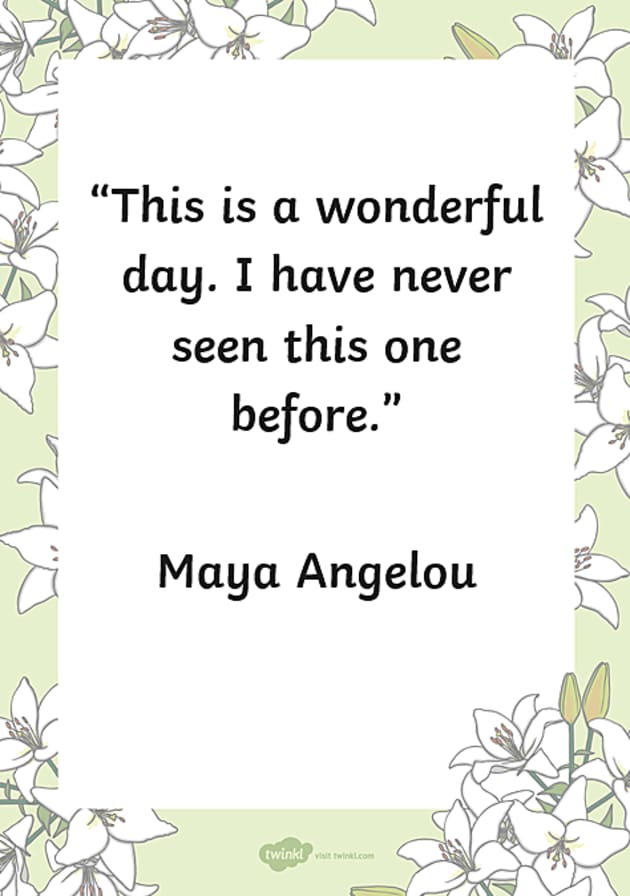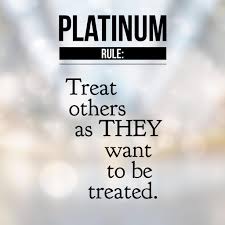What if this is the last time I…
Every November I write about gratitude, because the benefits of gratitude are huge. Gratitude grounds us in the present (where life happens), gives us something positive to focus on, and improves our mood.
A few weeks ago, I found myself thinking “what if this is the last time I drive down this street?” It turned into a cool gratitude practice that I tried throughout the day. It made me appreciate the reliable car I was driving; the strawberries I ate tasted sweeter; my yoga class was more enjoyable; and it prompted me to call my Dad.
For me, this exercise helped me to worry less about the future, be grateful, be engaged, and focus on what was truly important. That resulted in a feeling that the day was well spent (instead of just a long list of to-do’s that were left undone).
Try asking yourself “what if this was the last time I _____” throughout the day. Notice what you are doing and get aware of your feelings. What do you find yourself savoring? What are you grateful for? What do you want more of in your everyday life?
If this exercise is too morbid or provokes an anxiety attack instead of gratitude, skip it! Here are blogs from the last 9 years – with lots of other gratitude ideas, questions and exercises.
- https://jenfrankcoaching.com/2022/11/creating-a-gratitude-mindset/
- https://jenfrankcoaching.com/2021/11/too-tired-for-gratitude-try-this-and-an-online-career-coaching-group-starts-dec-13/
- https://jenfrankcoaching.com/2020/11/gratitude-and-a-broken-elbow/
- https://jenfrankcoaching.com/2019/11/the-season-of-giving-thanks/
- https://jenfrankcoaching.com/2018/11/an-exercise-in-gratitude/
- https://jenfrankcoaching.com/2017/11/grateful-for-the-little-things/
- https://jenfrankcoaching.com/2016/11/what-are-you-grateful-for-today/
- https://jenfrankcoaching.com/2015/11/grateful/
- https://jenfrankcoaching.com/2014/11/gratitude/
So grateful for you! Happy Thanksgiving!
p.s. As always, your comments are welcome on this post at https://www.facebook.com/jenfrankcoaching.
Read More









